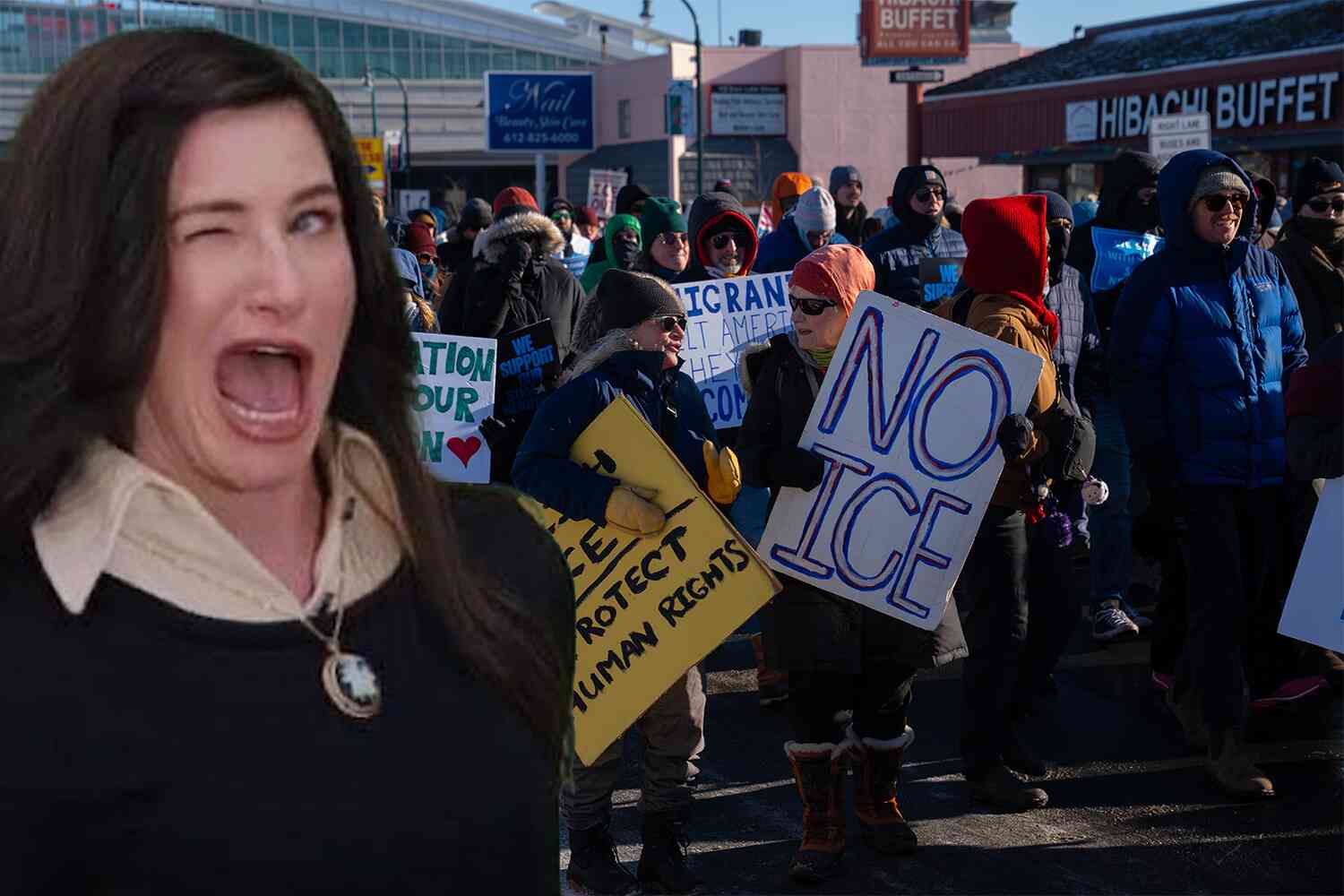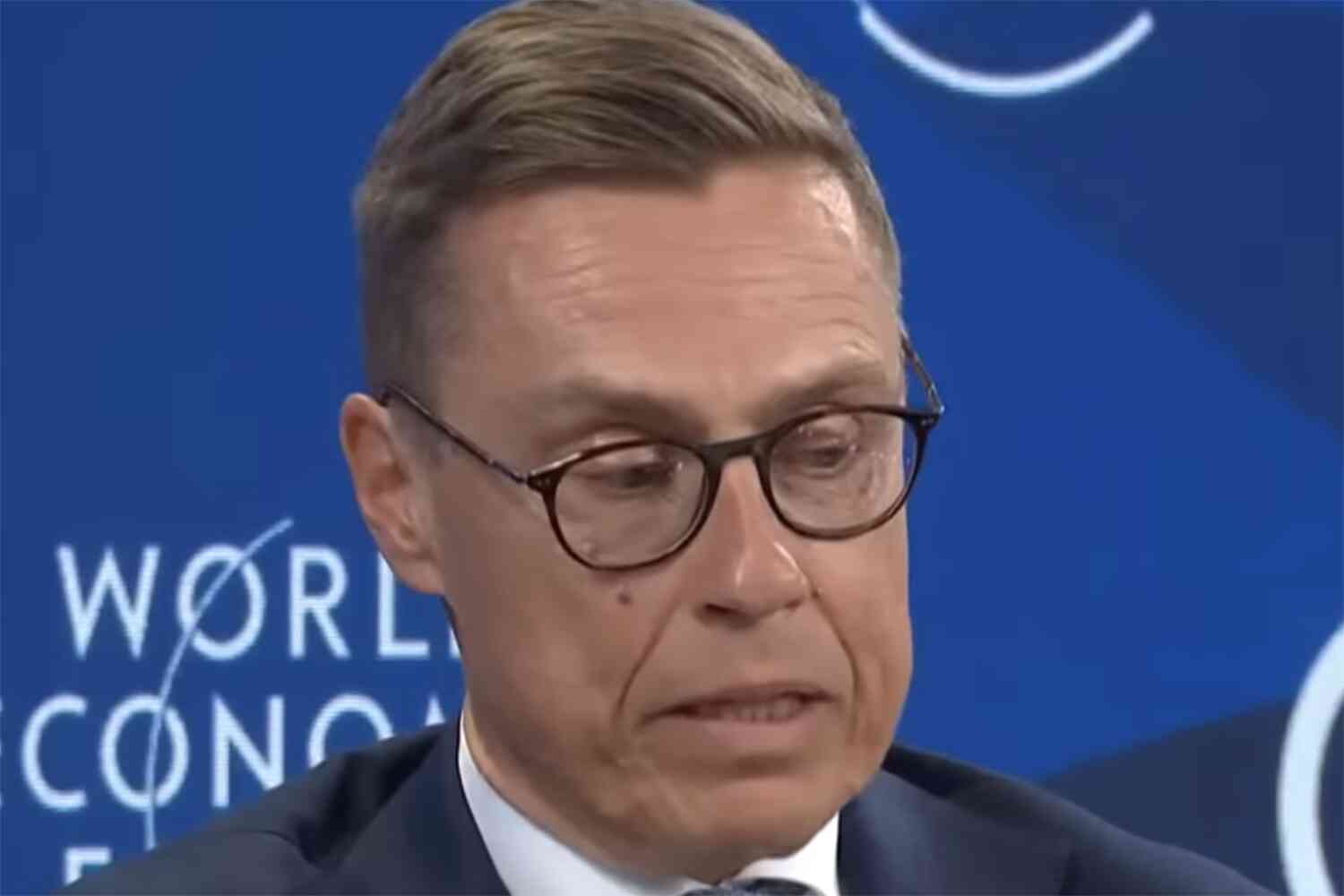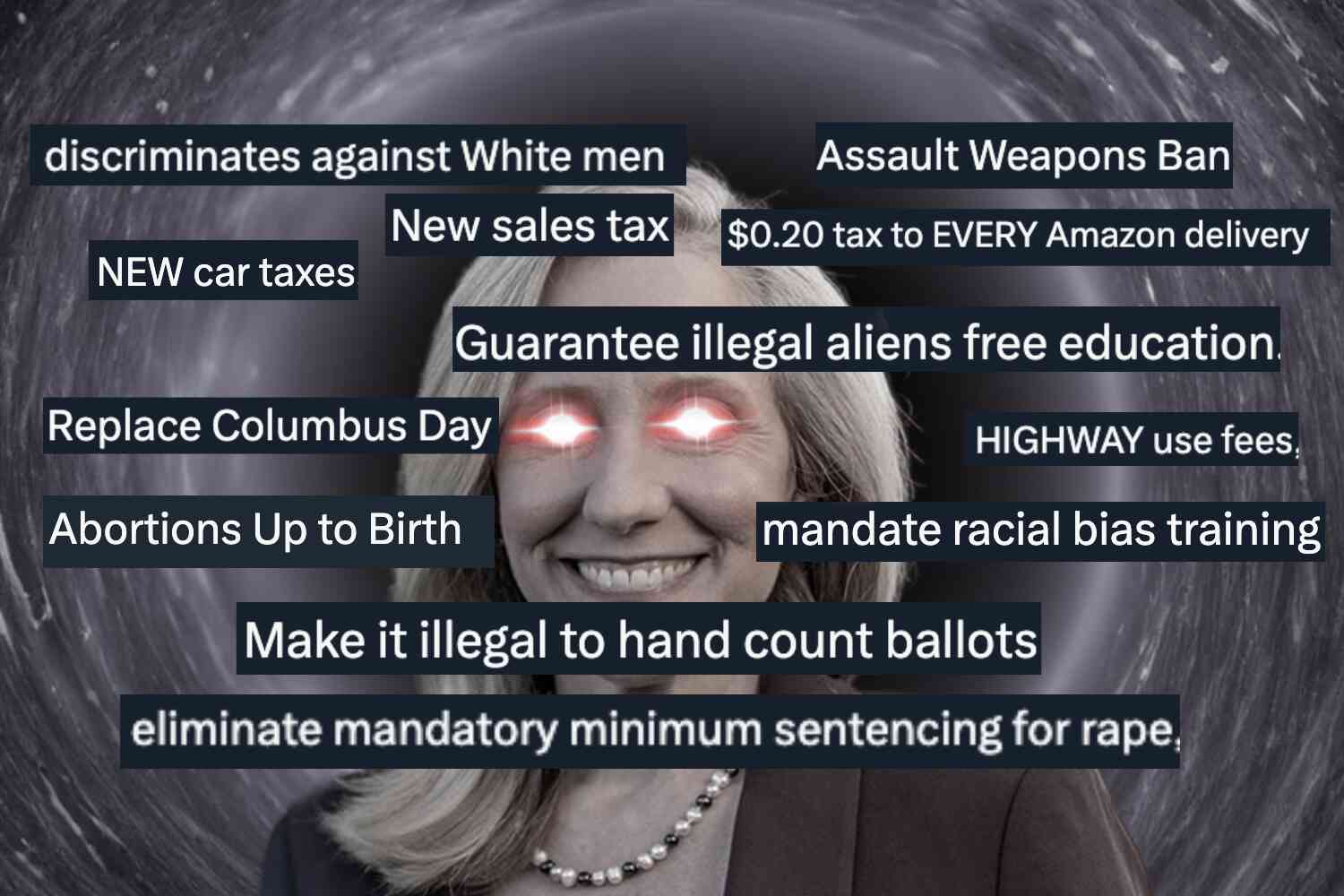The World Health Organization (WHO) has put together a "framework for policy makers, educational and health authorities and specialists" titled "Standards for Sexuality Education in Europe."
Because that's the kind of stuff you want to learn about from the WHO...
Their goal is to override the diverse teaching practices of each sovereign nation within Europe and the wider international community concerning sexual education.
The United Nations (UN) is also seeking to expand a similar framework for all UN members as part of UN Education 2030 and counter-signed by UNICEF – the framework is called "International Guidance on Sexuality Education." Now WHO is actively promoting it.
So, what does WHO envision for the children of the world?
In this document, it was deliberately decided to call for an approach in which sexuality education starts from birth. From birth, babies learn the value and pleasure of bodily contact, warmth and intimacy. Soon after that, they learn what is "clean" and what is "dirty". Later, they learn the difference between male and female, and between intimates and strangers. The point is that, from birth, parents in particular send messages to their children that relate to the human body and intimacy. In other words, they are engaging in sexuality education.
This framework demands sex education to begin at birth and takes the parents out of the equation – they rather have the State guide your children.
Malcolm Roberts, an Australian politician, came out against the framework, calling it a "rapey" document.
Quite frankly, the Standards for Sexuality Education in Europe is a "rapey" document that reads like the mind of a child-fiddling psychopath given control of public health.
The UN document makes their intention very clear that:
"This framework aims to empower children and young people to develop respectful social and sexual relationships. These skills can help children and young people form respectful and healthy relationships with family members, peers, friends and romantic or sexual partners."
The Framework also teaches children what consent consists of, meaning they assume a child can consent to sex.
Not only is this trying to create a "new need" for sexual education, but they also feel the need to make sex education more positive.
Traditionally, sexuality education has focused on the potential risks of sexuality, such as unintended pregnancy and STI. This negative focus is often frightening for children and young people: moreover, it does not respond to their need for information and skills and, in all too many cases, it simply has no relevance to their lives.
Should children and young adults be scared of getting pregnant or contracting an STI?
Yes. Yes, they should be.
But the claim that children need "skills" in sexual practice should scare everyone.
A holistic approach based on an understanding of sexuality as an area of human potential helps children and young people to develop essential skills to enable them to self-determine their sexuality and their relationships at various developmental stages. It supports them in becoming more empowered in order to live out their sexuality and their partnerships in a fulfilling and responsible manner.
Before you continue reading bits of pieces from this sick document, I just wanted to remind you that this framework is targeting children aged 0-6.
The development of sexual behaviour, feelings, and cognitions begins in the womb and continues throughout a person's lifetime. Precursors of later sexual perception, such as the ability to enjoy physical contact, are present from birth.
Children have sexual feelings even in early infancy. Between the second and third year of their lives, they discover the physical differences between men and women."
During this time, children start to discover their own bodies (early childhood masturbation, self-stimulation) and they may also try to examine the bodies of their friends (playing doctor) […] from the age of three, they understand that adults are secretive about this subject. They test adults' limits, for instance by undressing without warning or by using sexually charged language.
The UN and WHO should be the last places folks turn to for advice and guidance on children and their sexual education.
Leave it to their parents. Let families navigate through sex-ed based on their own terms and culture.









